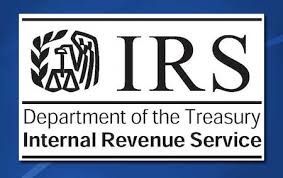IRS Talks About Home Office Deductions
If you are one of our clients, you know how we handle your home office deductions. But for those who aren’t our clients – yet – here are some tips from the IRS that you might find useful.
Issue Number:IRS Tax Tip 2015-42
If you use your home for business, you may be able to deduct expenses for the business use of your home. If you qualify you can claim the deduction whether you rent or own your home. If you qualify for the deduction you may use either the simplified method or the regular method to claim your deduction. Here are six tips that you should know about the home office deduction.
1.Regular and Exclusive Use. As a general rule, you must use a part of your home regularly and exclusively for business purposes. The part of your home used for business must also be:
- Your principal place of business, or
- A place where you meet clients or customers in the normal course of business, or
- A separate structure not attached to your home. Examples could include a garage or a studio.
2.Simplified Option. If you use the simplified option, you multiply the allowable square footage of your office by a rate of $5. The maximum footage allowed is 300 square feet. This option will save you time because it simplifies how you figure and claim the deduction. It will also make it easier for you to keep records. This option does not change the criteria for who may claim a home office deduction.
3.Regular Method. If you use the regular method, the home office deduction includes certain costs that you paid for your home. For example, if you rent your home, part of the rent you paid may qualify. If you own your home, part of the mortgage interest, taxes and utilities you paid may qualify. The amount you can deduct usually depends on the percentage of your home used for business.
4.Deduction Limit. If your gross income from the business use of your home is less than your expenses, the deduction for some expenses may be limited.
5.Self-Employed. If you are self-employed and choose the regular method, use Form 8829, Expenses for Business Use of Your Home, to figure the amount you can deduct. You can claim your deduction using either method on Schedule C, Profit or Loss From Business. See the Schedule C instructions for how to report your deduction.
6.Employees. If you are an employee, you must meet additional rules to claim the deduction. For example, your business use must also be for the convenience of your employer. If you qualify, you claim the deduction on Schedule A, Itemized Deductions.
For more on this topic, see Publication 587, Business Use of Your Home. You can view, download and print IRS tax forms and publications on IRS.gov/forms anytime.
If you found this Tax Tip helpful, please share it through your social media platforms. A great way to get tax information is to use IRS Social Media. You can also subscribe to IRS Tax Tips or any of our e-news subscriptions.
Additional IRS Resources:

 If you’re a parent, here are several tax benefits you should look for when you file your federal tax return:
If you’re a parent, here are several tax benefits you should look for when you file your federal tax return: Mileage Deduction Rates
Mileage Deduction Rates What would happen if the IRS re-classified your business as a hobby?
What would happen if the IRS re-classified your business as a hobby? Electronic Recordkeeping, Hard Copies and the IRS
Electronic Recordkeeping, Hard Copies and the IRS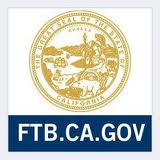
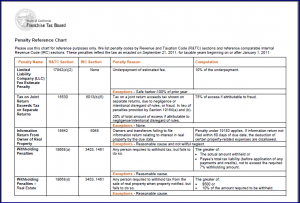
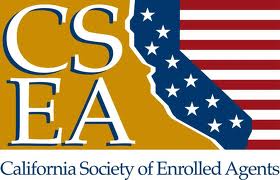
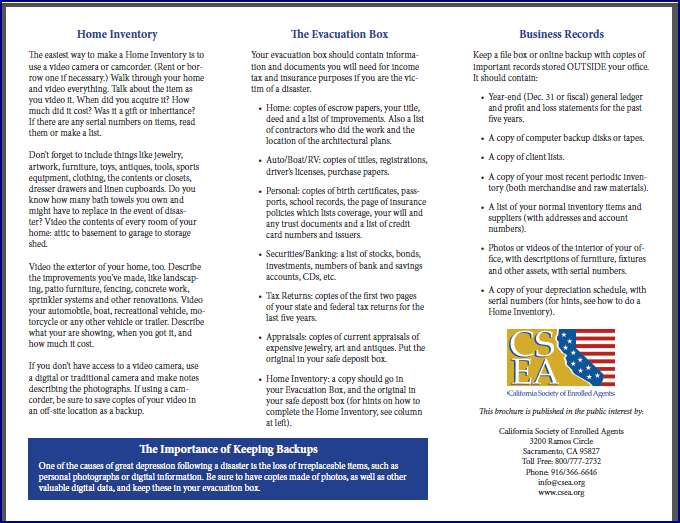

 Now that April 15 has come and gone, everyone is writing about tax information, records to keep, and records you can discard. For some it’s just personal tax records. For others, it’s personal and business documents. However, before you go out and purchase electronic media to store records and receipts, please read our March 26 blog,
Now that April 15 has come and gone, everyone is writing about tax information, records to keep, and records you can discard. For some it’s just personal tax records. For others, it’s personal and business documents. However, before you go out and purchase electronic media to store records and receipts, please read our March 26 blog, 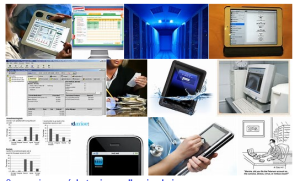
 File information returns (for example, Forms 1099 for certain payments you made during 2013. There are different forms for different types of payments. Use a separate Form 1096, Annual Summary and Transmittal of U.S. Information Returns, to summarize and transmit the forms for each type of payment. See the
File information returns (for example, Forms 1099 for certain payments you made during 2013. There are different forms for different types of payments. Use a separate Form 1096, Annual Summary and Transmittal of U.S. Information Returns, to summarize and transmit the forms for each type of payment. See the 
